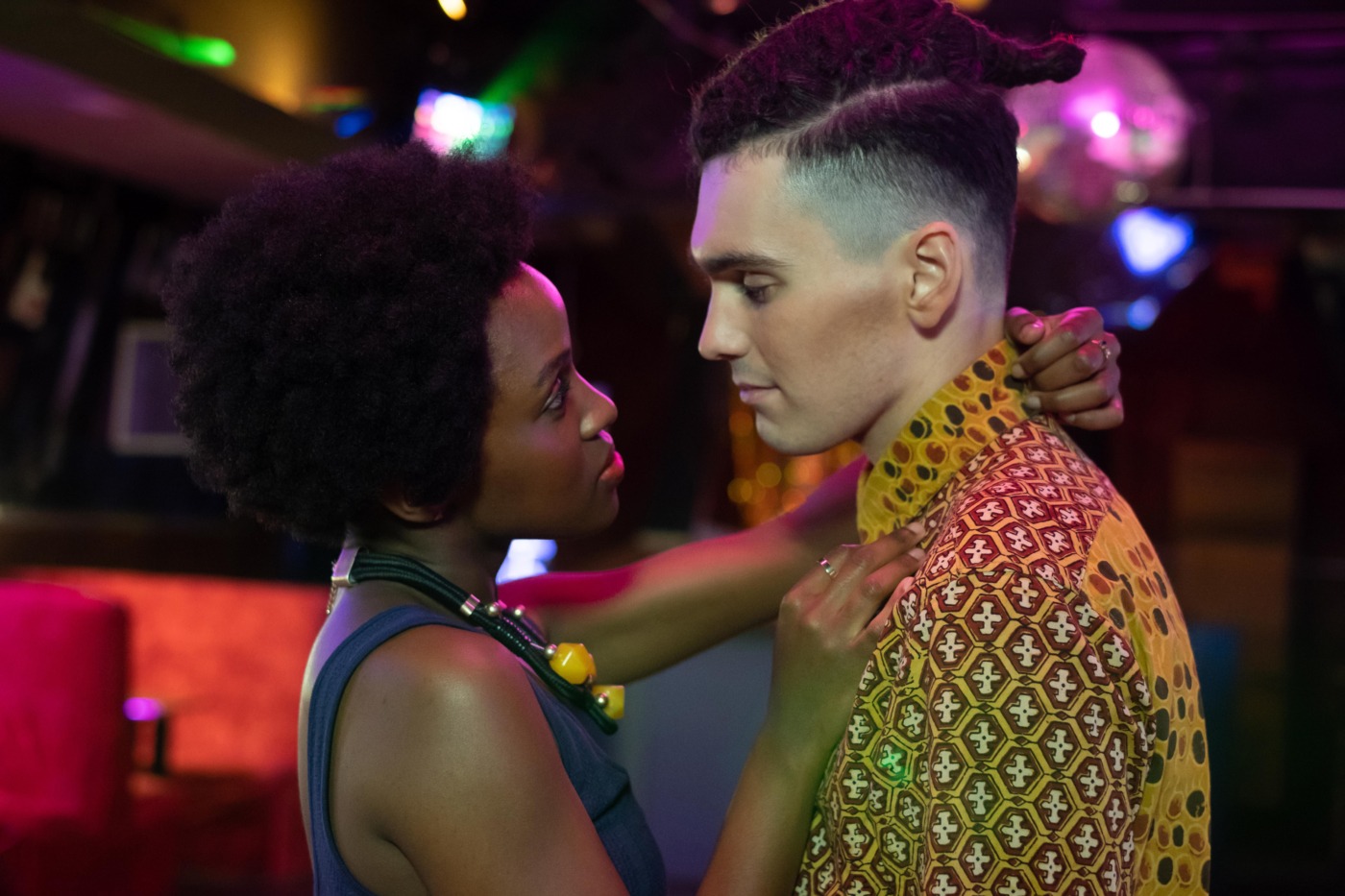‘Noughts and Crosses’: controversial or eye-opening?
Noughts and Crosses grasps viewers into an enthralment of all six episodes. Complex themes such as police brutality, infidelity, and systematic racism persist to drive young love apart throughout the harrowing love story of Callum McGregor and Sephy Hadley. Adapted from Malorie Blackman’s novel series Noughts and Crosses to fit TV audiences, an alternate world is imagined where the UK and Europe were colonised by the Aprican (African) Empire, instilling a system of black superiority for the Crosses over the Noughts, where Aprican culture is the universal norm.
Callum an underclass nought and Sephy an elite cross, are childhood friends who meet years later, and love begins. Throughout the series, Sephy becomes more woke to the racial injustice noughts face, even shocking herself with her ingrained prejudice against noughts by shouting the racial slur “get off me blanker” while in the presence of Callum. As a white person, when I heard “blanker” it felt like I was stung, causing a drop of dreadful realisation of the effect of racism, which I’ve never had to experience. Hence this moment is important for white viewers to understand racism in a way they had not before.
As a white person, when I heard “blanker” it felt like I was stung, causing a drop of dreadful realisation of the effect of racism
It’s commendable they ensured micro-aggressions of racism were made vividly obvious. The cross characters deny that black privilege reinforces systematic disadvantages for others. When the system is challenged, crosses become confrontational, like Sephy’s teacher: “Why would two heavily armed policemen attack an unarmed nought?”, denying the enactment of racial police brutality. Or when nought men are told if they change their surname, they will have a better chance of getting a job. Micro-aggressions go unnoticed by many white viewers, but when confronted by it from Noughts and Crosses, it impacts on the viewer to self-reflect about racism in a way they wouldn’t before, creating small progress.
It was empowering to see black women in the highest positions like a Prime Minister, or a politician’s wife, wear traditional clothing and maintain their hair to their Afrocentric beauty standards. Although an essential part of the show is representing the superior’s dominance through culture, it exposes and reaffirms to viewers the beauty of black hair and Afrocentric culture.
This made me reflect on the whitewashing and neglect of black history in many educational institutions today, where many students campaign for a more diverse syllabus
The show consistently highlights the blackwashing of history by the victors. As a viewer, this made me reflect on the whitewashing and neglect of black history in many educational institutions today, where many students (even at Warwick) campaign for a more diverse syllabus. This is brought to life through a strong sense of realism for the alternate reality; from the weapons police use, to dance styles, and even common phrases such as “thank you” being changed to “Ese” (which is Yoruban).
The ending allowed room for a continuation of a second series and kept to the spirit of the book. It reiterated the dangerous effect of a harsh structural racist system, creating no definitive stability to Callum and Sephy’s love story, and in the end marginalised them both.
Jack Rowan as Callum was perfect casting and was the standout performance for me. Rowan made it impossible not to sympathise for Callum’s journey as a character, by displaying a depth of emotion. Masali Baduza as Sephy immediately captures attention due to her strong beauty, and her acting was a joy to watch. Paterson Joseph as Kamal Hadley and Helen Baxendale as Meggie McGregor superbly display the complexity of their characters, from the small expressions of movement of the eyes to the way they speak their lines; they output strong energy which is hypnotising to watch.
Rowan made it impossible not to sympathise for Callum’s journey as a character, by displaying a depth of emotion
The show has aroused white backlash: that the show is preachy, and that there are white poor people marginalised, like in Albion. Yet the difference some viewers find hard to understand, is white people in the western world aren’t marginalised because of their race. In Albion they are, which is distinct systematic racism, and to admit systematic racism means to acknowledge structural racism in Britain today. Many whites believe they’re exempt from racial socialisation as their “friend is black” or whatever excuse they use.
So, even though Noughts and Crosses was originally inspired by the murder in 1993 of Stephen Lawrence, and how his murder was handled by racist police; nearly thirty years later with persistent police brutality, racial profiling, and denial of white privilege and white backlash against the show, Noughts and Crosses is still poignant as ever.

Comments